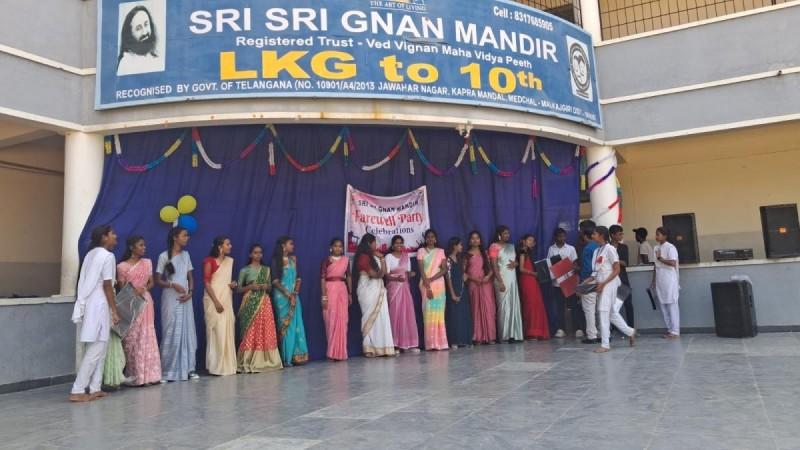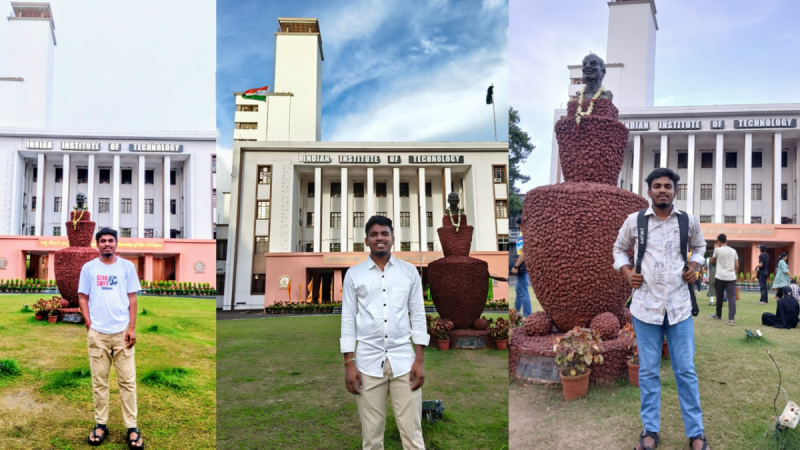
On World Literacy Day, a movement quietly reshaping India's education landscape is coming into sharp focus. Gurudev Sri Sri Ravi Shankar's Art of Living Free Schools initiative, which began with a handful of children on a construction site in Bengaluru in the early 1980s, has grown into one of the country's largest grassroots literacy models, with 1,327 schools educating over one lakh children — most of them first-generation learners.
Breaking barriers for India's most marginalized
From insurgency-hit villages in the Northeast to slums in Mumbai and tribal belts of Chhattisgarh, these schools are providing free education where access was once unthinkable. Uniforms, books, meals, and transport are offered at no cost, ensuring no child is left behind. The gender balance is striking too, with girls making up nearly half of the enrolled students.
The outcomes speak volumes. At the Hendaljuri Free Tribal School in Jharkhand, children once walking barefoot through villages are now winning medals in football and archery. In Bengaluru, alumna Priyanka N., who studied alongside other first-generation learners, became the first woman driver of the city's Namma Metro. In Ghatshila, alumna Sima Gope now serves in the Border Security Force.
Inspiring stories of resilience

For many, the journey has been nothing short of extraordinary. Niranjan, a student from Sri Sri Gnan Mandir in Telangana, once struggled with academics. Through mentorship and a holistic model blending yoga, meditation, and academics, he went on to score 989/1000 in Class 12, crack JEE Advanced, and secure admission at IIT Kharagpur. His dream: to join the Indian Administrative Service.
In Chhattisgarh's Surguja forests, where poverty and naxal tensions have long discouraged schooling, the movement has opened new doors. Amita, who grew up in a household where books were burnt to force girls into child marriage, found her strength at a Free School. "I will not marry until I can stand on my own feet," she says today.
The initiative reflects Gurudev Sri Sri Ravi Shankar's long-held vision that education must go beyond academics. "Education is not just stuffing the mind with information; it is nourishing innate virtues that impart total intelligence," he says. Yoga and meditation are integrated into the daily routine, building focus and resilience. Teachers double as mentors, nurturing values of compassion, confidence, and community.
In Tripura, once insurgency-affected villages now resonate with children's voices as Free Schools blend academics with folk culture and local traditions. Alumni like Riya, now a teacher, and Meri, a nursing professional, embody how education restores dignity and stability in fragile regions.
What started with a few children at the Art of Living International Center in Bengaluru has become one of India's largest free school movements, impacting families and entire communities. Today, on World Literacy Day, these schools stand as living proof that education rooted in compassion can change not just individual lives, but the course of a nation.








